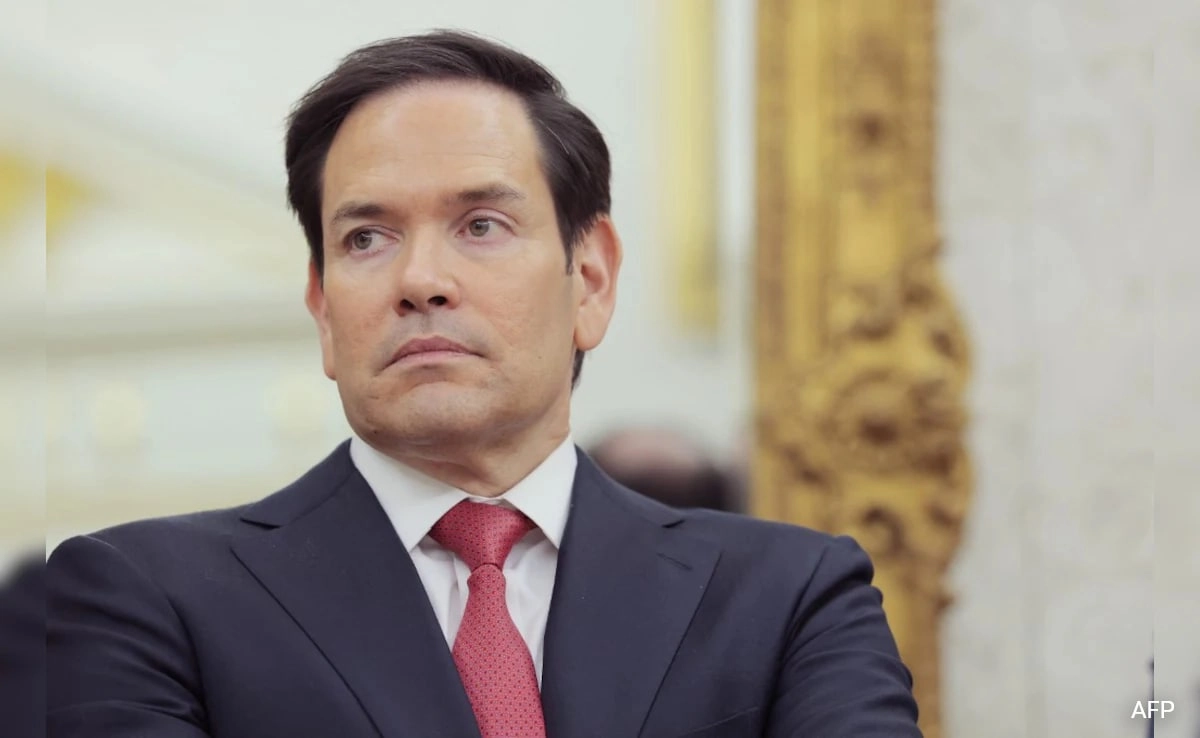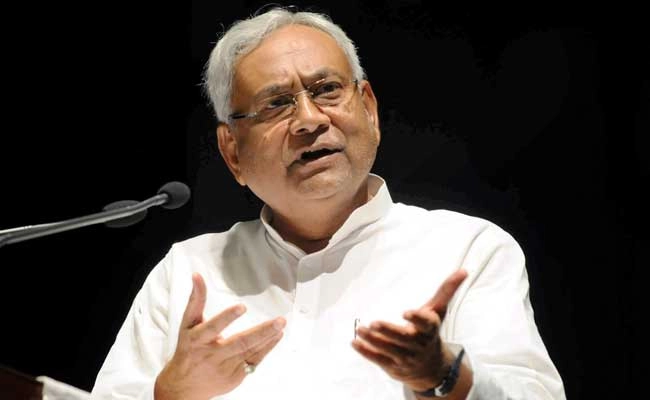During a recent Senate hearing, Senator Marco Rubio expressed strong views regarding the ongoing issue of student visas in the United States. The discussion became particularly heated as Rubio emphasized the need for stricter regulations on these visas, which he believes are being exploited by individuals who do not genuinely seek an education but rather aim to gain entry into the country for other purposes. His stance reflects a growing concern among lawmakers about the potential misuse of student visa programs, which are designed to attract international students to U.S. educational institutions.
Rubio’s comments come amid broader conversations about immigration reform and the need to ensure that the student visa system serves its intended purpose. He argued that the current framework allows for too much leniency, enabling some individuals to take advantage of the system without contributing to the academic environment. This perspective has sparked a debate about the balance between welcoming international students and safeguarding the integrity of U.S. educational institutions. Critics of Rubio’s stance argue that tightening regulations could deter genuine students from pursuing opportunities in the U.S., potentially harming the country’s reputation as a leader in higher education.
The hearing also featured testimonies from various stakeholders, including educators and immigration experts, who provided insights into the complexities of the student visa process. Many emphasized the importance of maintaining a welcoming atmosphere for international students, who not only enhance the diversity of campuses but also contribute significantly to the economy. They argued that instead of stripping away student visas, the focus should be on improving the vetting process to distinguish between genuine students and those who might misuse the system.
As the debate continues, it is clear that the future of student visas will remain a contentious issue in U.S. immigration policy. Rubio’s firm stance signifies a shift towards a more stringent approach, reflecting concerns about national security and the integrity of educational programs. The outcome of these discussions will likely shape the landscape for international students in the coming years, influencing both their access to U.S. universities and the overall perception of the United States as a destination for higher education. As lawmakers grapple with these challenges, the need for a balanced solution that protects the interests of the nation while still embracing global educational exchange remains paramount.




